Amid social media crisis, internet freedom in PH continues to decline
The Philippines continues its downward trajectory in terms of internet freedom according to the Freedom on the Net 2019 report, published by international nonprofit Freedom House.
Every year, Freedom House publishes assessments on global internet freedom. This year, the report is titled “The Crisis of Social Media,” highlighting how social media spaces have been exploited due to lack of regulations in terms of their susceptibility to be utilized as tools for “political distortion and social control.”
Significantly, “while social media have at times served as a level playing field for civic discussion, they are now tilting dangerously toward illiberalism, exposing citizens to an unprecedented crackdown on their fundamental freedoms,” according to the report.
“The future of internet freedom rests on our ability to fix social media,” the report added.
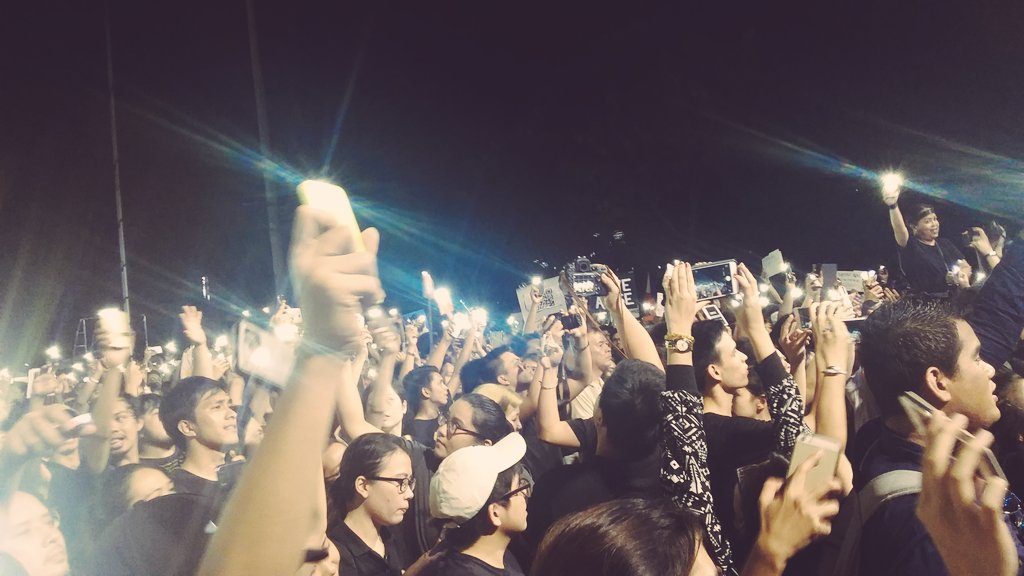
Global internet freedom is on its ninth consecutive year of decline in 2019, says the report. For its part, the Philippines’ ranking declined from “free” to “partly free” in 2018, when it scored 69/100 (or 31/100 in the previous scoring system). This year, the country remains “partly free” with a score of 66/100, but dropped three points.
“Increased content manipulation, a growing number of libel cases related to online activity, and the proactive removal of content by news sites to forestall potential legal action” caused the decline, according to the Philippines’ country report.
Countries that score 70 to 100 in the Freedom on the Net report are considered “free”; 40 to 69, “partly free”; and 0 to 39, “not free.”
The country report noted that “the Philippines’ internet freedom decline has occurred amidst an erosion of political and civil rights under President Rodrigo Duterte, whose war on drugs since 2016 has led to thousands of extrajudicial killings as well as vigilante justice. Impunity remains the norm for crimes against activists and journalists.”
Why the decline? The report cited key developments that occurred in its covered period, from June 1, 2018 – May 31, 2019:
- Fearing legal action, in February 2019, the Philippine Star proactively removed a 2002 article about a businessman who was suspected of involvement in a murder from its website.
- Content manipulation tactics grew more insidious and entrenched within campaign strategies surrounding the May 2019 midterm elections, while hyperpartisan news outlets plagued the online environment.
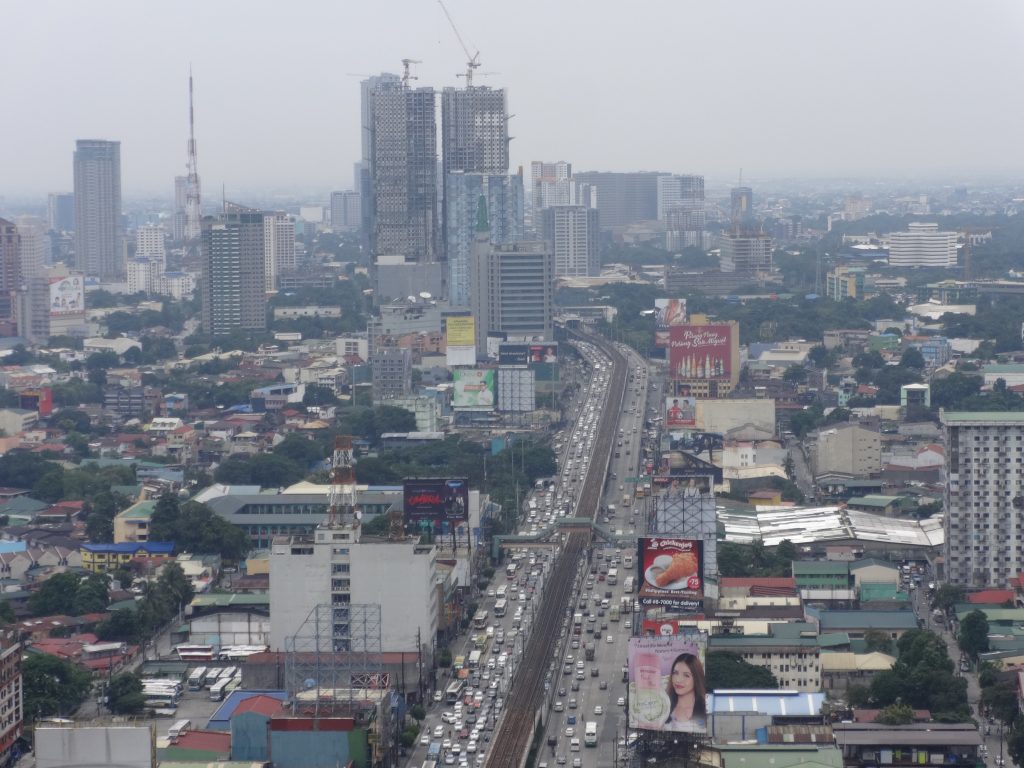
- Libel charges continued to be filed against journalists, bloggers, and ordinary users during the coverage period, culminating in the arrest of Rappler CEO Maria Ressa in February 2019.
- Alternative news sites, many of them critical of the government and its policies, suffered distributed denial-of-service (DDoS) attacks in December 2018 and January 2019.
Below are some notable observations from the report.
On obstacles to access
- The report noted the existence of a digital divide in terms of cost and access. Internet, especially broadband internet subscriptions, is expensive, and poor and rural areas continue to be underserved.
- Restriction of connectivity is affected by the government’s routine shutdown of mobile networks during major events (such as religious celebrations). The report stated: “Critics are concerned about the normalization of internet and mobile network shutdowns, calling for a clearer policy that outlines the circumstances in which they may be implemented.”
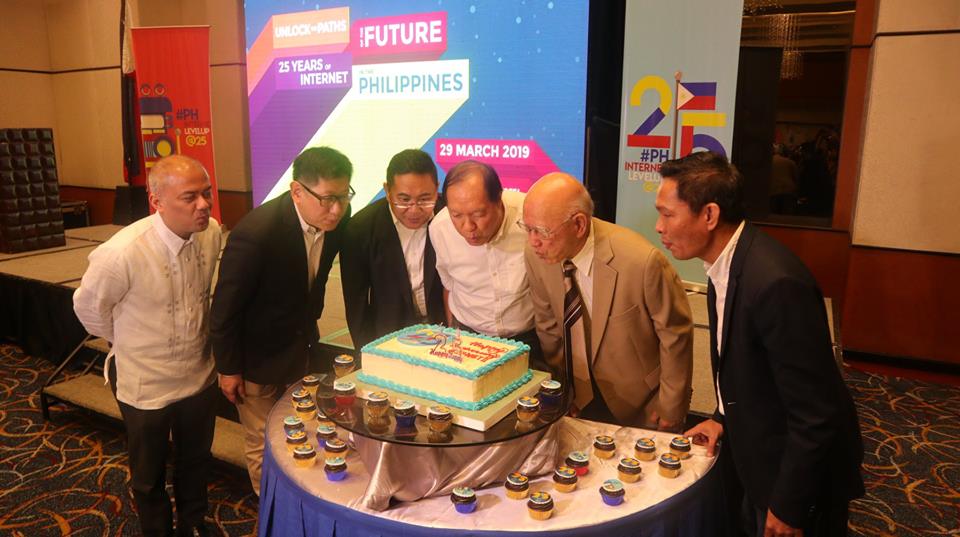
- The diversity of new service providers, in contrast to the existing duopoly of Globe and PLDT (and an incoming third telco), depends largely on the new providers’ ability to hurdle legal obstacles. “New service providers face legal obstacles in obtaining a congressional franchise, such as constitutional limitations on the people or companies that can operate a public utility,” said the report. Even as the Philippine Competition Act was enacted, monopolies are not prohibited; companies may only be liable of they commit legally-prohibited abuses.
- According to the report, “while national regulatory bodies that oversee service providers and digital technology generally operate independently, all heads of government agencies, including regulatory bodies, are appointed by the president. This framework has led to instances of political interference.”
On limits to content
- While systematic State censorship does not exist, the report noted worrying cases of self-censorship by the Philippine Star (in light of online libel charges filed against Rappler) and the Philippine Daily Inquirer (responding to a request by Senator Tito Sotto to take down articles linking him to the rape of an actress). “Journalists may be self-censoring around issues related to corruption or illegal drugs,” according to the report, citing Melinda Quintos De Jesus of the Center for Media Freedom and Responsibility. “The Philippine Star’s February 2019 removal from its website of an article originally published in 2002 illustrates how legal action and harassment cause greater self-censorship among entities that publish online.”
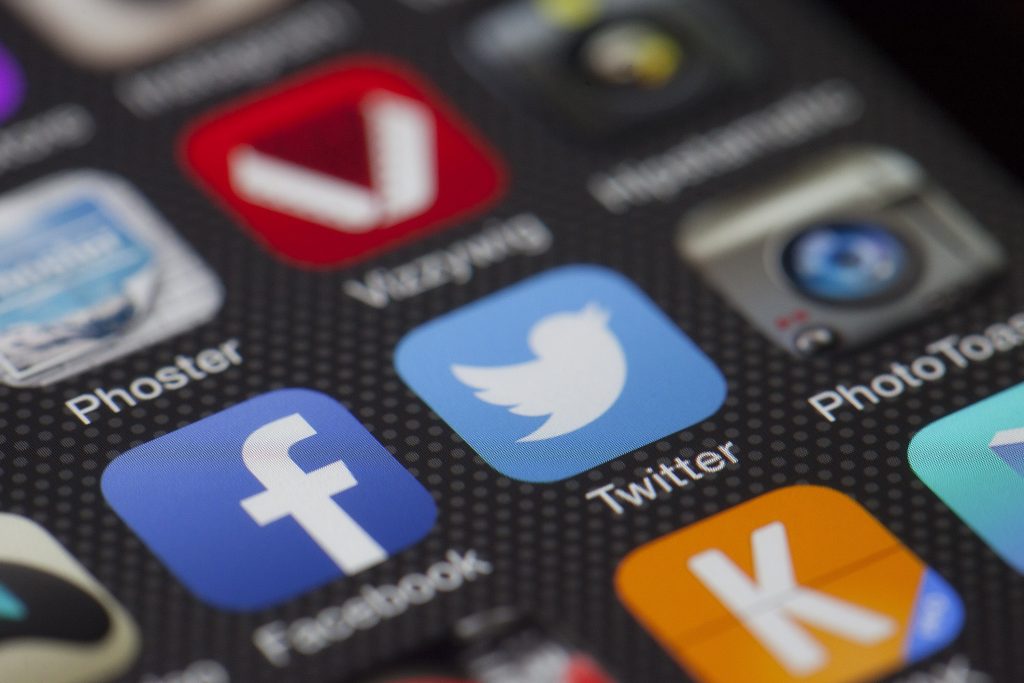
- Content manipulation by government and other actors have been attempted to shape political outcomes. The report cites new research published by Australian National University’s New Mandala (and authored by Jonathan Ong, Ross Tapsell, and Nicole Curato), which showed the extent and significance of online content manipulation for the 2019 midterm elections. “Disinformation campaigns used ‘more insidious and camouflaged’ tactics, focusing on micro and nanotargeting, private social media groups with limited content moderation, and having non-political accounts spread election-related content in an effort to make it seem more genuine,” the report stated, citing the research. “Campaigns drew on not only short-term commentators charging relatively low fees, but also large-scale public relations companies that charged as much as 5.2 million pesos ($100,000) for their services.”
Violation of users’ rights
- Protections for free speech exist, but are not always upheld, says the report. Additionally, measures to repeal harmful provisions of the cybercrime law, as well as the Magna Carta for Philippine Internet Freedom, were not refiled in the new Congress.
- The report noted how the cybercrime law almost doubles the penalty for libel if committed online, and how a pending False Content Act may “criminalize those who ‘know’ or have ‘a reasonable belief’ that they are sharing information that is false or misleading, use a ‘fictitious’ account to do so, or ‘offering or providing one’s service” to spread such information.
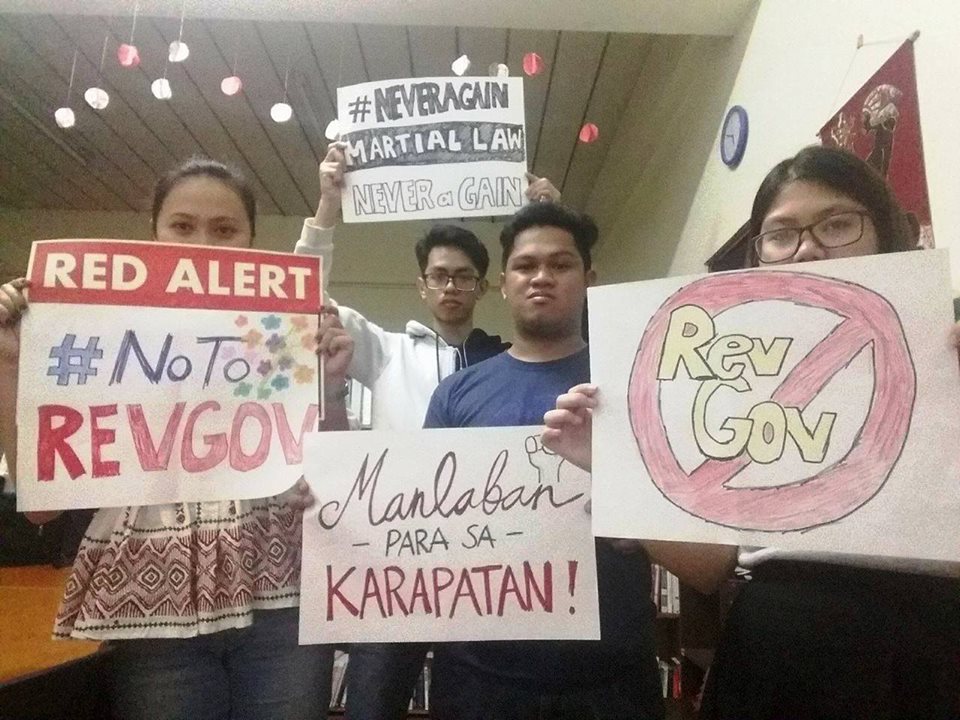
- The report noted a series of government actions that indicate attempts to increase state surveillance capacity, among them the purchase of hardware that may listen in to telephone conversations and surveillance tools to monitor internet activity, a contracted Cybersecurity Management System that includes a social media monitoring component, and the creation of a social monitoring cell in the army, trained by US counterparts “to monitor platforms to counter misinformation by violent extremism organizations.” Additionally, the government also entered into the Safe Philippines Project — a project to place 12,000 surveillance cameras in metropolitan Manila and Davao — which was placed under “conditional implementation” by President Duterte, even after initial questioning by Senator Ralph Recto and opposition by other lawmakers.
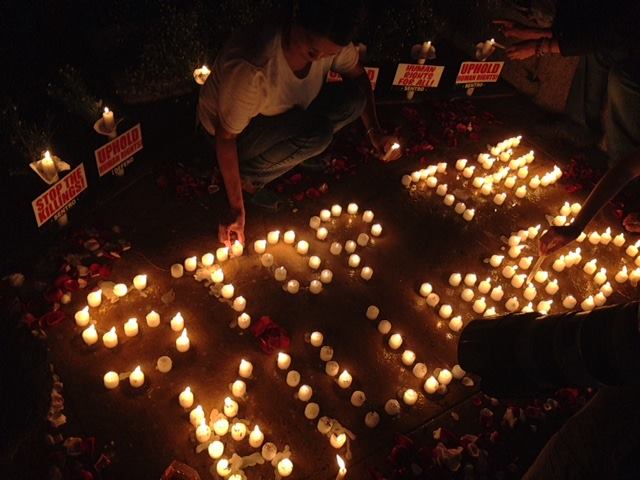
- The report described the continued intimidation and harassment experienced by journalists and rights activists, especially women, and including those critical of President Duterte’s war on drugs. Maria Ressa of Rappler has been arrested in light of a cyberlibel charge (even as the news site faces other charges) and Margarita Valle of Davao Today was arrested, detained, prevented from communicating with her family, then later released, the police claiming a case of “mistaken identity.” The report further stated: “Violence against journalists and activists is a significant problem in the Philippines, although not directly in relation to their online activity. As of early 2019, CPJ reported that 80 Philippine journalists had been killed in relation to their work — most covering political issues like corruption — since 1992. Attackers generally enjoy impunity.”
- Technical attacks on alternative news and progressive websites critical of the government continued, by way of Distributed Denial of Service (DDos) attacks. The affected websites include Bulatlat, Kodao Productions, Altermidya, Pinoy Weekly, Manila Today, and the National Union of Journalists of the Philippines.
The Freedom on the Net 2019 includes recommendations based on the insights in its report.
A PDF of the report may be downloaded here.
For more information, visit Freedom House’s website.



0 Comments